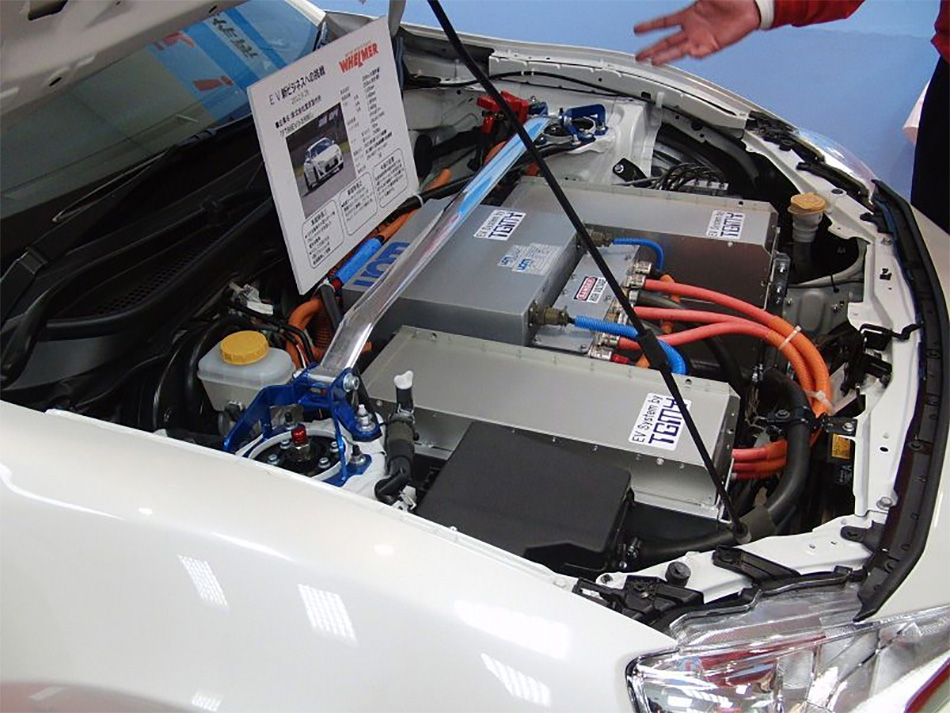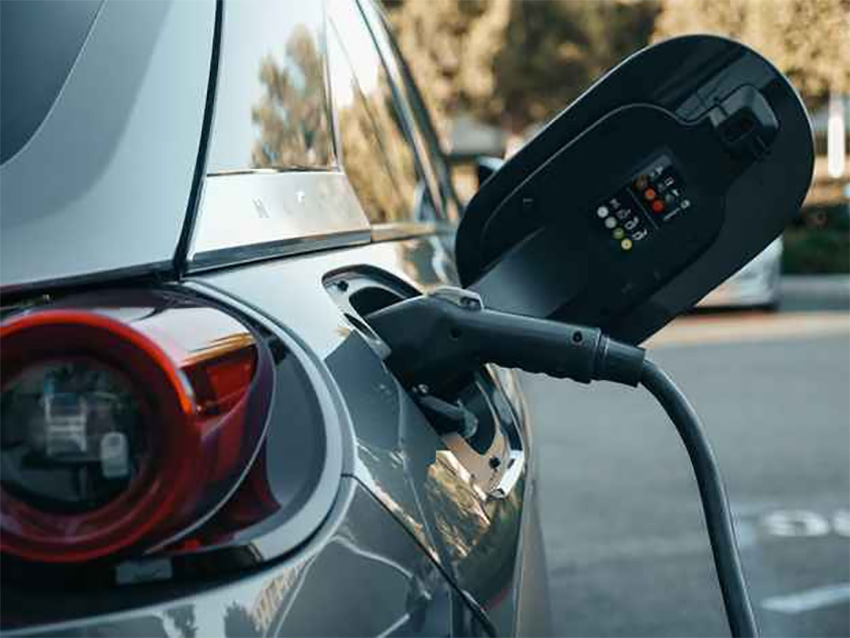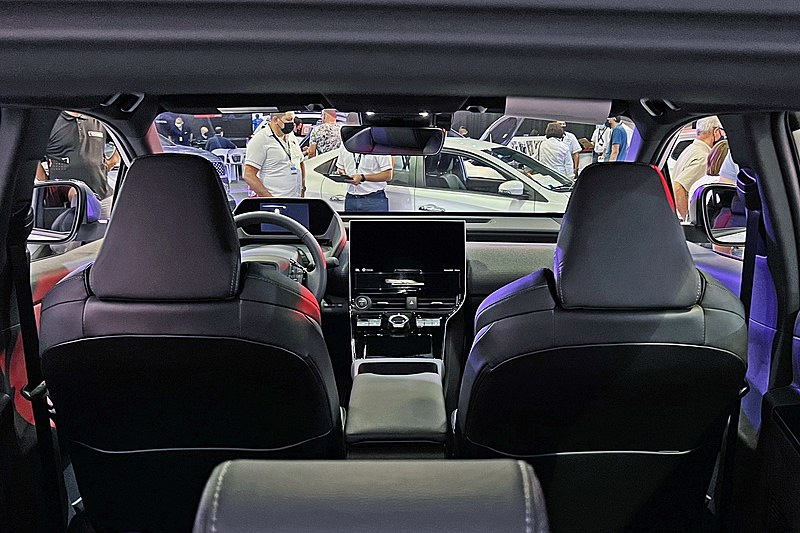Solid State Battery Breakthrough from an Unexpected Player
Demand for batteries is expected to skyrocket as electric vehicle adoption accelerates. EV sales are set to rise by 35% this year after record high sales numbers in 2022. Tesla leads the pack of EV companies benefiting from the shift towards electric automobiles. Toyota, which used to be the world’s number one car maker for several years, does not appear to be keen on challenging Tesla and other EV makers anytime soon.
In a number of interviews, executives from the Japanese car company said that they are eyeing a “multi-pronged” approach in embracing the electrification of vehicles. A corporate document from the company suggests that Toyota will focus more on hybrids, not fully electricity-powered cars. That’s why it may come as a surprise that Toyota is the major car maker to announce a breakthrough in solid state batteries, a technology that is crucial for the future of electric vehicles.
Toyota’s breakthrough
Toyota’s research into solid state batteries started in 2012. More than 200 renowned engineers were involved in the project and occasionally, the company posted press releases hyping the technology’s near completion. However, it’s only recently that Toyota is making it clear that this coveted technology is about to reach commercialization.
Toyota is the first major car maker to champion the gasoline-electric hybrid car with the introduction in 1997 of the Prius brand, which has become a favorite among Uber and Lyft drivers. As such, it can be said that it has an affinity to battery technology, but many expected leading EV players like Tesla to be at the forefront of new battery tech research.
Toyota announced back in mid-June that its new battery technology provides a 621-mile range, but its most recent information indicates that the battery can go farther to 745 miles, all with only ten to fifteen minutes of charging. These numbers are considerable leaps from what existing technologies can deliver.
Tesla’s longest-range model, the Model S, only maxes at 405 miles. This model’s price is a whopping $90,000 plus. The average range for typical EVs is around 300 miles, with prices at around a third of the Model S’s. Lucid Motors’ Lucid Air can go farther with its 516-mile range, and it is similarly expensive. The battery and its related components, according to industry analysts, comprise 30% to 40% of an EV’s price. Toyota says that its solid state battery is cheaper to produce and can help reduce the price of EVs.
Toyota’s solid state battery dominance
With more than a thousand patents for solid state battery technology, Toyota is the frontrunner in this valuable tech. The company is not doing this on its own, though. It has been undertaking solid state battery R&D through Prime Planet Energy & Solutions, Inc., which is a joint venture Toyota created with Panasonic.
Toyota says that the company is on track to achieve limited production by 2025. Mass production and practical application are expected to be possible by 2026 to 2027. However, it would be better to take these projections with a grain of salt. Most company roadmaps for new technology rollouts tend to be a few years later than projected.
Still, Toyota appears to be on top of solid state battery technology. Other companies have developed similar technologies, but their results are not close to what Toyota has achieved. Toyota’s progress is expected to benefit its other car brands Lexus, Daihatsu, Hino. It is also expected to positively impact its partners Subaru and Mazda.
Solid state benefits
Solid state battery technology is highly sought after not only because of its expanded range and lower cost. It is also advantageous because of its compact size. It is also lighter and much easier to fit into vehicles, which provides vehicle engineers and designers more flexibility in positioning the batteries.
Additionally, these batteries are safer because they do not contain flammable liquid electrolytes, which are a staple in conventional lithium-ion batteries. These liquid electrolytes can leak and are among the leading causes of fires and explosions in electric vehicles. Also, solid state batteries have a broader operating temperature range and can be used with high-energy materials such as lithium metal without the dendrite issue. Dendrites inevitably develop in lithium-ion batteries over time and significantly downgrade battery performance.
It will take a few years more for Toyota’s solid state battery to be effectively and safely used in mass-produced vehicles. However, the news about its approaching commercialization is good news not only for the Japanese car maker but for everyone in the automotive industry and for the goal of reducing carbon emissions.


